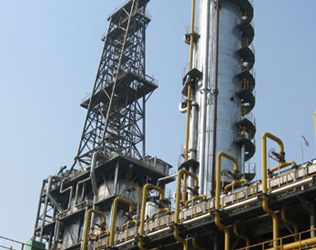


Glass plays an important role in lighting, heat insulation and heat preservation of rooms. Glass with poor energy-saving effect has poor heat preservation effect in winter and wastes heat energy. Develop all kinds of energy-saving glass. Insulating glass has been applied in relatively new buildings, which can solve the problem of thermal insulation well; Coated glass can prevent sun and save energy; Tempered glass with low radiation does not hurt people, and has low radiation and environmental protection.
Glass consumes a lot of energy in the production process, and the exhaust gas will have a serious impact on the environment. Carry out energy-saving technical transformation of all-oxygen combustion in glass kiln construction, even if oxygen fully contacts with oil, the heat generation value will be improved and the energy-saving effect will be achieved; The promotion of low/high temperature waste heat power generation is currently being piloted in glass enterprises, which can achieve the "petty electricity" of the whole factory, greatly reducing the power consumption, and replacing oil with renewable and recyclable plants as the fuel for burning glass.
Compared with the traditional air-assisted combustion method, oxy-fuel combustion has the advantages of low investment and low energy consumption, and is called the "second revolution" in the development history of glass melting technology. In the traditional air combustion-supporting of float glass furnace, only 21% oxygen participates in combustion-supporting, and 78% nitrogen not only does not participate in combustion, but also carries a lot of heat and waste gas into the atmosphere.